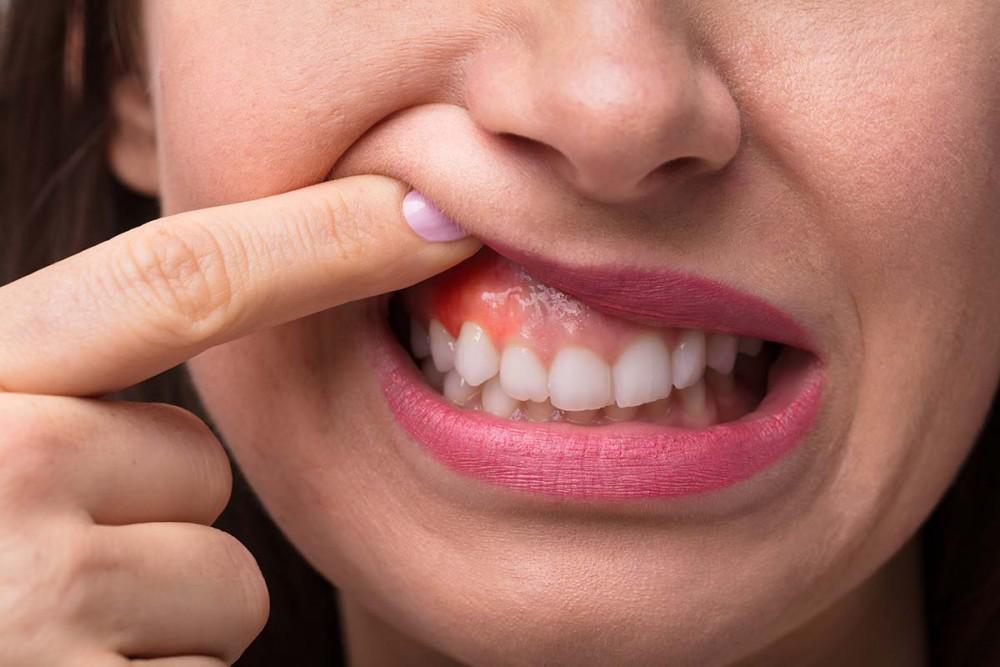Tooth decay and crown loss are two of the most common oral health issues people face. Recurrent tooth decay and crown loss can be frustrating and costly, leading to more serious dental problems if left untreated. This blog will discuss the causes of recurrent tooth decay and crown loss, preventive measures, and treatment options.
One of the main causes of recurrent tooth decay and crown loss is poor oral hygiene. Brushing and flossing are essential for removing plaque and bacteria from the teeth and gums. When plaque is not removed, it can harden into tartar, which a dentist can only remove. If tartar is not removed, it can lead to tooth decay and gum disease. Additionally, fluoride can help strengthen teeth and make them more resistant to decay. Rinsing with an antiseptic mouthwash can also help kill bacteria and freshen your breath.
Another common cause of recurrent tooth decay and crown loss is an improper diet. Consuming too much sugar and acid can damage the teeth and make them more susceptible to decay. It is important to limit sugary and acidic foods and drinks and to brush or rinse your mouth with water after consuming them.
Lack of regular dental checkups is a common cause of recurrent tooth decay and crown loss. Dental checkups can detect early signs of decay and other oral health issues, and they can also prevent problems from becoming worse. During a checkup, the dentist will clean the teeth and examine the gums, teeth, and jaw for any signs of problems. X-rays may also be taken to check for decay or other issues that may not be visible during a visual exam.
Genetics can also play a role in recurrent tooth decay and crown loss. Some people may be more susceptible to decay and other oral health issues due to their genetics.
Prevention is the best way to avoid recurrent tooth decay and crown loss. Good oral hygiene, regular dental checkups, and a healthy diet and lifestyle are the most effective ways to prevent these issues.
If tooth decay or crown loss occurs, several treatment options are available. Fillings, crowns, and bridges are common treatments for tooth decay. A filling is used to repair a tooth damaged by decay. A crown is used to cover a tooth that has been damaged by decay and can also be used to improve the appearance of a tooth. A bridge is used to replace one or more missing teeth.
Dentures are another treatment option for recurrent tooth decay and crown loss. Dentures are removable appliances that are used to replace missing teeth. They can be full or partial and can be supported by gums or dental implants. Dentures can help improve the appearance of the teeth, and they can also help with speaking and eating.
Dentures are a cost-effective and non-invasive way to replace missing teeth, and a good denture lab near you will have the expertise and equipment to create high-quality dentures that will last for many years.
Dental labs in nyc are also a great option for people looking for dental restorations. The quality of dental lab work is crucial to ensure that the restorations last long. Dental labs in NYC typically offer a wide range of services, including crowns, bridges, dentures, orthodontic appliances, and other dental restorations. Choosing a reputable dental lab in NYC with a good track record of producing high-quality restorations is important.
Conclusion
In conclusion, recurrent tooth decay and crown loss can be frustrating and costly, but with the right preventative measures and treatment options, they can be avoided. Good oral hygiene, regular dental checkups, and a healthy diet and lifestyle are the most effective ways to prevent these issues. Several treatment options for tooth decay or crown loss are available, including fillings, crowns, bridges, and dentures.
Always take good care of your teeth and gums and visit a dentist regularly for checkups and cleanings. Dentures are a cost-effective and non-invasive way to replace missing teeth, and a good denture lab near you can provide high-quality dentures. Choosing a reputable lab with a good track record of producing high-quality restorations is important.
FAQs
- How often should I visit the dentist for checkups and cleanings?
It is recommended to visit a dentist for checkups and cleanings at least twice a year or as recommended by your dentist based on your individual needs.
- Can poor oral hygiene cause recurrent tooth decay and crown loss?
Yes, poor oral hygiene can cause recurrent tooth decay and crown loss by allowing plaque and bacteria to build up on the teeth and gums, leading to tooth decay and gum disease.
- Are there any foods that can help prevent recurrent tooth decay and crown loss?
Foods high in calcium, such as milk and cheese, and foods high in vitamin D, such as fatty fish, can help strengthen teeth and make them more resistant to decay. Additionally, crunchy fruits and vegetables, such as apples and carrots, can help clean the teeth and gums.
- How long do dental restorations typically last?
The lifespan of dental restorations can vary depending on the restoration type, the work’s quality, and the individual’s oral hygiene and lifestyle habits. Fillings can last anywhere from 3-7 years, while crowns can last anywhere from 5-15 years.
- How much does a crown from a dental crown lab near me cost?
A: The cost of a denture can vary depending on the type of crown, the materials used, and the case’s complexity. It’s best to consult your dentist or the lab to estimate the cost. Denture labs may also offer financing options or accept dental insurance to help make the cost more affordable.


